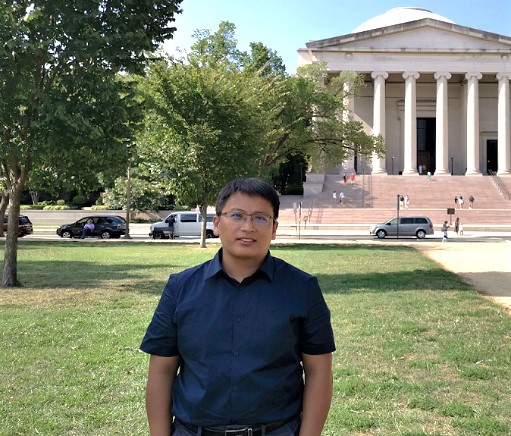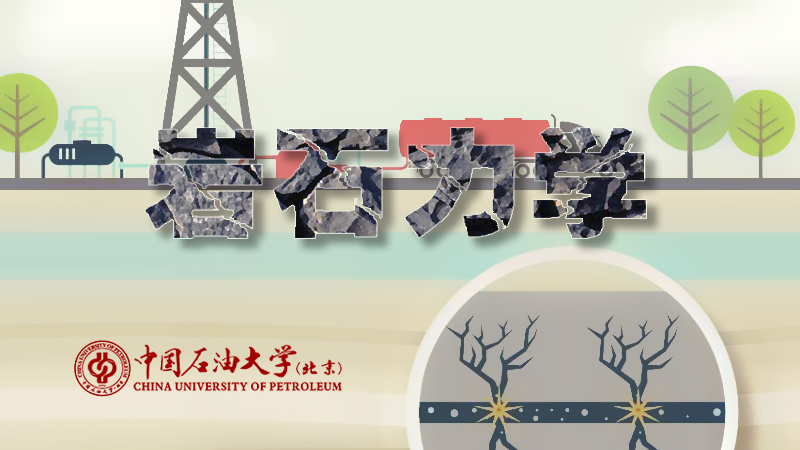
Principles of Microeconomics课程:前往报名学习
The world is directly or indirectly related to economic activities and market mechanism, and people's work and daily social activities are mainly economic activities. The principles of microeconomics can explain the laws of the world around us and it should be the general course of college students, and it is the necessary basic knowledge for people to correctly understand the world around them and guide their own decision-making. let us begin the study of microeconomics and explore the fun of economics.
开设学校:北京工业大学;学科:经济学、
The world is directly or indirectly related to economic activities and market mechanism, and people's work and daily social activities are mainly economic activities. The principles of microeconomics can explain the laws of the world around us and it should be the general course of college students, and it is the necessary basic knowledge for people to correctly understand the world around them and guide their own decision-making. let us begin the study of microeconomics and explore the fun of economics.
-1.1 Why Study Economics?
--1.1.1 Introduction of Microeconomics
-1.2 The Scope and method of Economics
--1.2.1 The Scope of Economics
- 1.3 Appendix: How to read and understand graphs
--1.3 Appendix: How to read and understand graphs
-1.4 Review of Chapter 01
-Quiz for Chapter 01
-2.1 Scarcity, Choice, and Opportunity Cost
--2.1.1 Scarcity, Choice, and Opportunity Cost-1
--2.1.2 Scarcity, Choice, and Opportunity Cost-2
-2.2 Economic Systems and the Role of Government
--2.2 Production Possibility Frontier & Economic System
-2.3 Review of Chapter 02
-Quiz for Chapter 02
-3.1 Firms and Households: The Basic Decision-Making Units
-3.2 Demand in Product/Output Markets
--3.2.1 Demand & Demand Curves
--3.2.2 Changes in Qd & Changes in Demand
--3.2.3 Shift of Demand & Movement along the Demand Curve
-3.3 Supply in Product/Output Markets
-3.4 Review of Chapter 03
--3.4.1 Review of Chapter 03-1
--3.4.2 Review of Chapter 03-2
-Quiz for Chapter 03
-4.1 The Price System: Rationing and Allocating Resources
--4.1.1 The Price System: Rationing and Allocating Resources-Price System 1
--4.1.2 The Price System: Rationing and Allocating Resources-Price System 2
-4.2 Supply and Demand and Market Efficiency
--4.2.1 Supply and Demand Analysis
--4.2.2 Consumer surplus & Producer surplus
-4.3 Review of Chapter 04
-Quiz for Chapter 04
-5.1 Price Elasticity of Demand
--5.1 Price Elasticity of Demand
-5.2 Calculating Elasticities
-5.3 Other Important Elasticities
--5.3 Determinants and other Elasticities
-5.4 Review of Chapter 05
--5.4.1 Review of Chapter 05-1
--5.4.2 Review of Chapter 05-2
-6.1 Household Choice in Output Markets
--6.1 Household Choice in Output Markets
-6.2 The Basis of Choice: Utility
刘会政,获得对外经济贸易大学博士学位,美国新泽西理工大学访问学者(2013-2014)。2017年获得北京工业大学教学名师;2015年获得北京工业大学优秀青年主讲教师。入选北京市委组织部优秀人才项目和北京工业大学日新人才和青年导师国际化发展项目。
李双杰,经济学博士,金融学博士后,教授,博士生导师。多次主持或参与国家社会科学基金项目、北京市重点项目、中国社会科学院中美生产率合作研究等项目。为本科生、研究生主讲微观经济学、宏观经济学、经济计量学、生产率与效率分析等课程。
张鹏杨,经济学博士,国际贸易学专业。主持国家自然科学基金项目、北京市社科基金项目、全国博士后基金特别资助项目、全国博士后基金面上项目、北京市博士后基金项目。研究方向:外商直接投资理论与政策、全球价值链、贸易政策和产业政策。
刘维刚,北京大学经济学博士,北京工业大学经济与管理学院讲师,中国社会科学院博士后、副研究员。讲授课程《高级微观经济学》、《国际经济学》等。研究方向为国际贸易中的技术扩散、经济结构变迁下的服务业发展。
姚颖拥有博士学位。 夏威夷大学马诺阿分校的经济学硕士。 她的论文研究了贸易政策对环境的影响。 在加入北京工业大学之前,她是夏威夷州政府的一名经济学家。 她的研究兴趣广泛地在于国际经济学和环境经济学。


